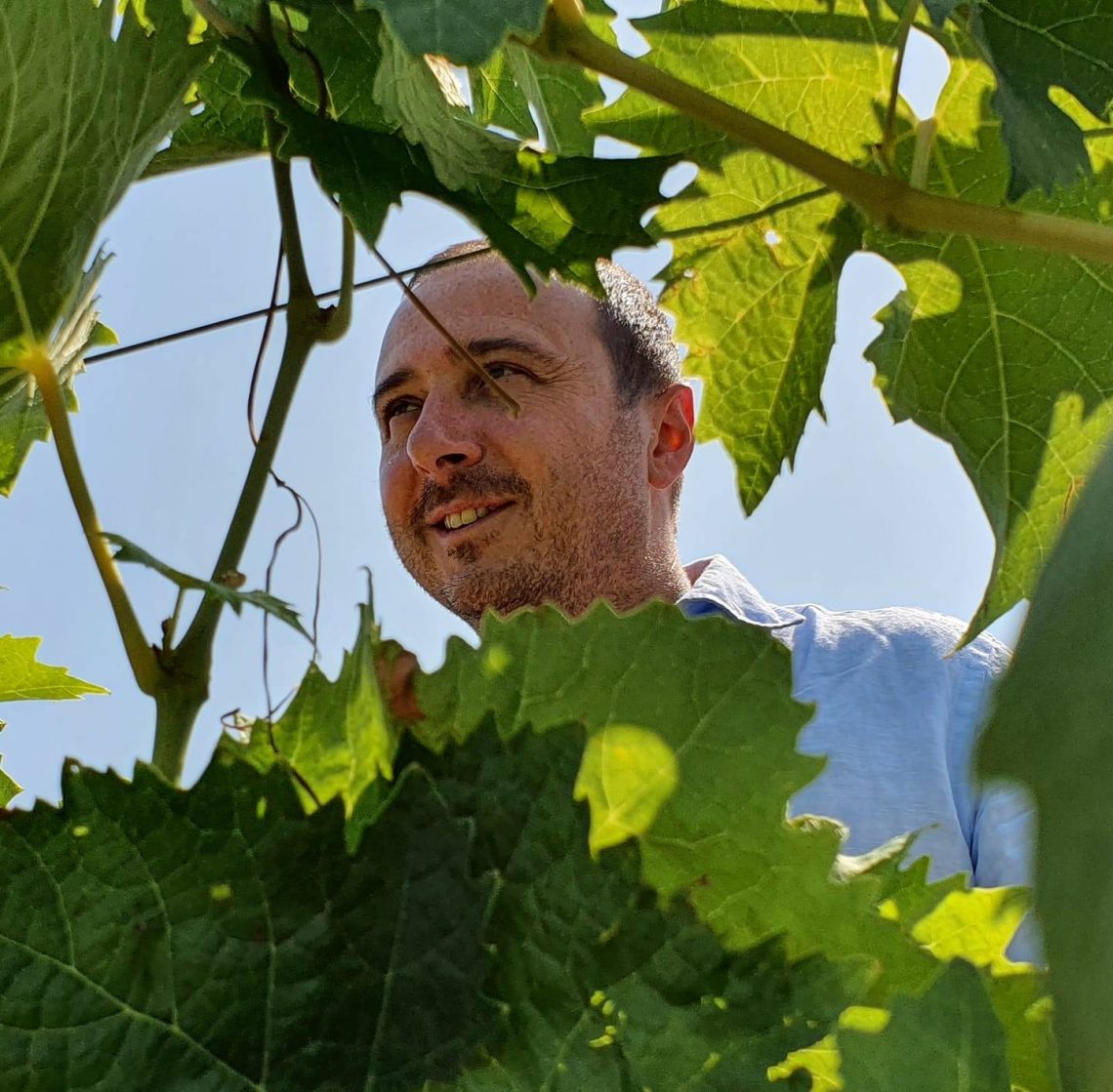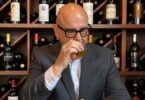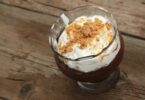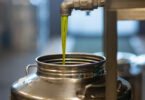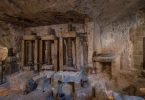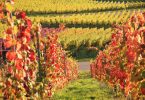The Wolf Post, supported by a Cultural Association, offers a professional service with free access, without subscription.
For this reason, a donation would also be a sign of appreciation for our work.
Luca Cantelli graduated in Viticulture and Oenology at the University of Florence in 2006. Cantelli soon became part of the world of wine with the humblest but necessary jobs to be able to understand this activity and learn the secrets of the “blood of the earth”.
After various experiences, including the management of a winery in Montalcino, collaborations with the University of Florence and research in oenological biotechnologies, he began the profession of wine consultant for wineries in central Italy.
Since 2012, he has directed the Tuscan Wine Center, a regional reference point for oenological and agronomic consultancy and physico-chemical analysis of wines and soils.
His innate curiosity and passion for this world are also stimulated by continuous updating, enriched by experiences abroad on the various viticultural and enological techniques, without ever forgetting the origins.
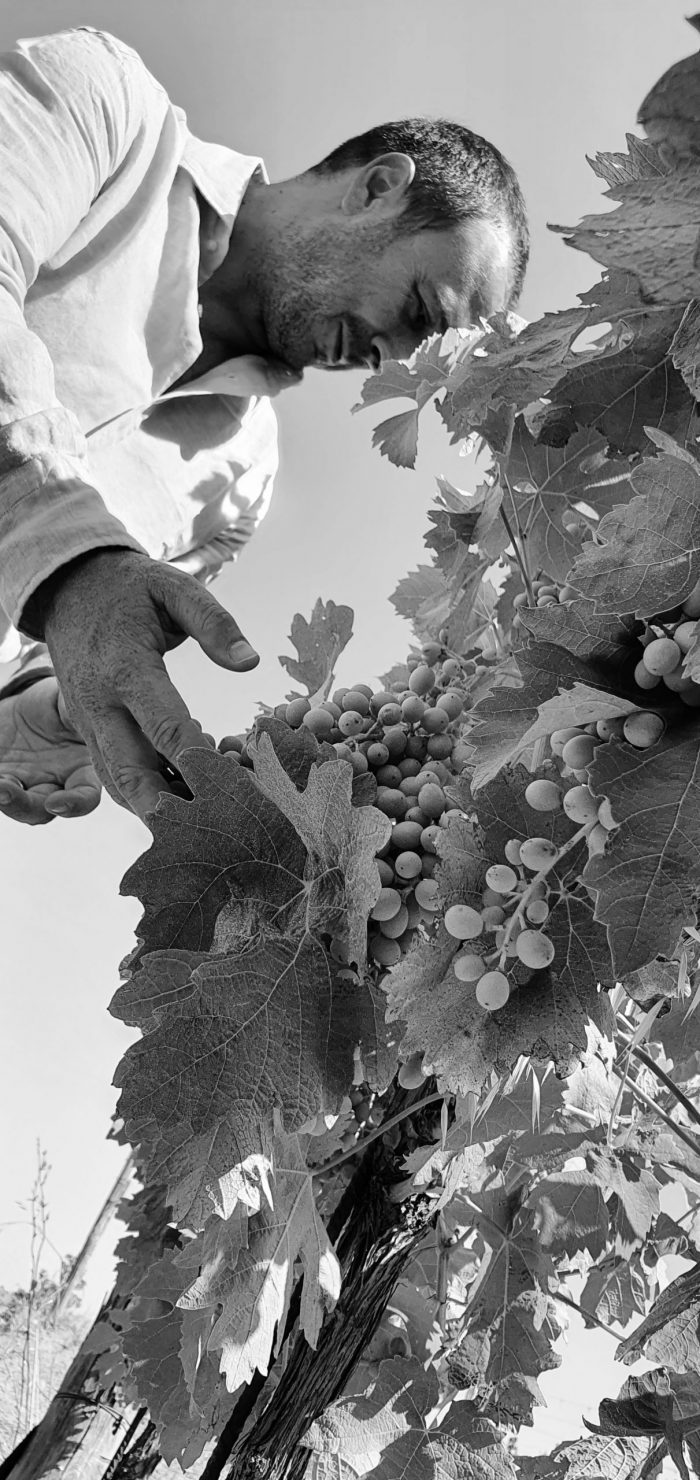
© Luca Cantelli Enologo
How and when was the passion for wine born?
For me, a Tuscan who grew up in the countryside, the passion for wine was a spontaneous thing, so much so that at the age of six I made my first wine with my father.
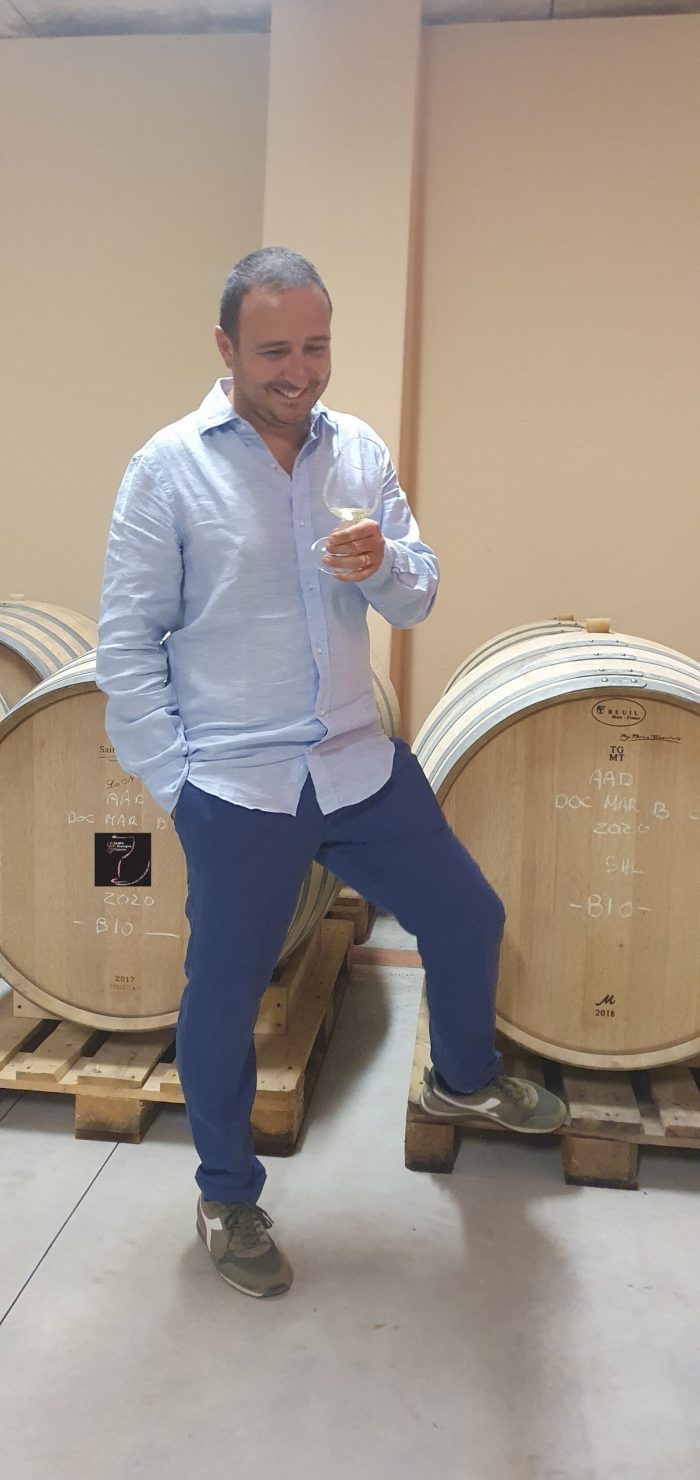
© Luca Cantelli Enologo
When did you decide that the oenologist would become your profession?
When I met a consultant oenologist at the Agricultural Technical Institute, who explained to me what he did with passion and dedication. There, I understood that it would be my profession.
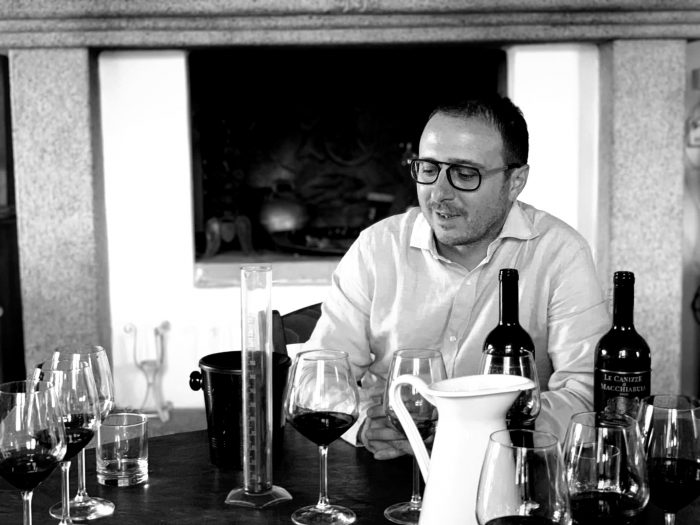
© Luca Cantelli Enologo
How important is it for an oenologist to empathize with the people who take care of that vineyard and those hills?
It is the basis of everything: nothing can be done without having harmony, respect and trust in the people who take part in a project of this type and who contribute to safeguarding the territory.
In the collective imagination of wine lovers, therefore, non-professional, the sommelier is the best known figure within the “wine” chain while the oenologist works “behind the scenes”. How much, according to your experience, are the two figures (if they are), in opposition and how much, on the contrary, are they (if they are) complementary?
They are certainly two figures not in opposition, but complementary and essential in the enological panorama. The oenologist accompanies the production process from the planting of the vineyard to the bottle, aiming for the highest quality of the product and respect for nature that has allowed it. The sommelier intervenes when the production process is completed, to promote wine and the culture of drinking well.
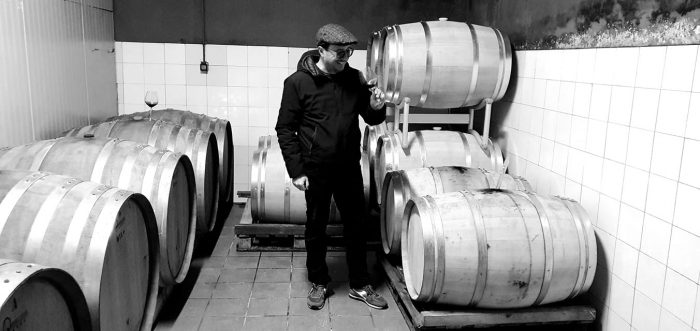
© Luca Cantelli Enologo
The winemaker is also a controversial figure, acclaimed by most and criticized by others. You are accused of “creating” wines that must meet the canons of the guides, in short, please everyone. Fantasies, or is there, in some cases, a basis of truth?
I believe that the work of an oenologist is to respect the terroir of each individual wine area, trying to enhance the land, grapes, wine and people, always striving for the highest quality without distorting the peculiarities of a territory. I think this approach is more exciting than producing homologated wines to suit the fashions or tastes of consumers.
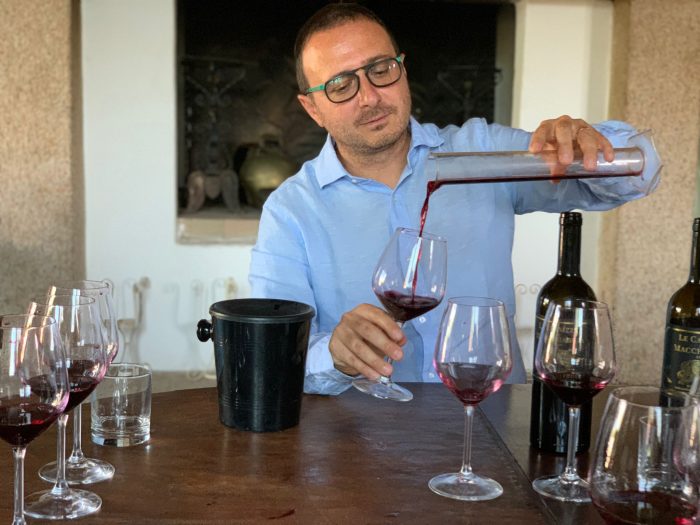
© Luca Cantelli Enologo
One of your merits and flaws, professionally speaking.
I easily empathize with the people I work with, this greatly facilitates my work and allows me to create a relationship of trust and respect with my clients, always feeling part of the team. My flaw: I hardly standardize and I am satisfied!


